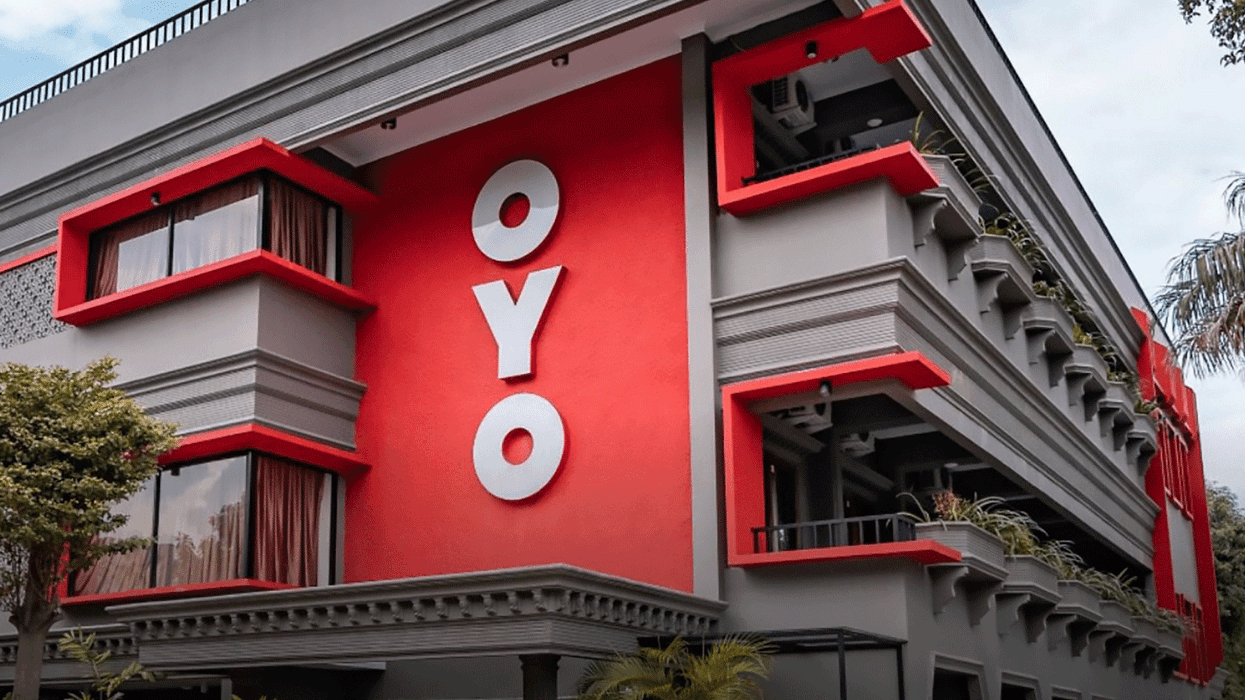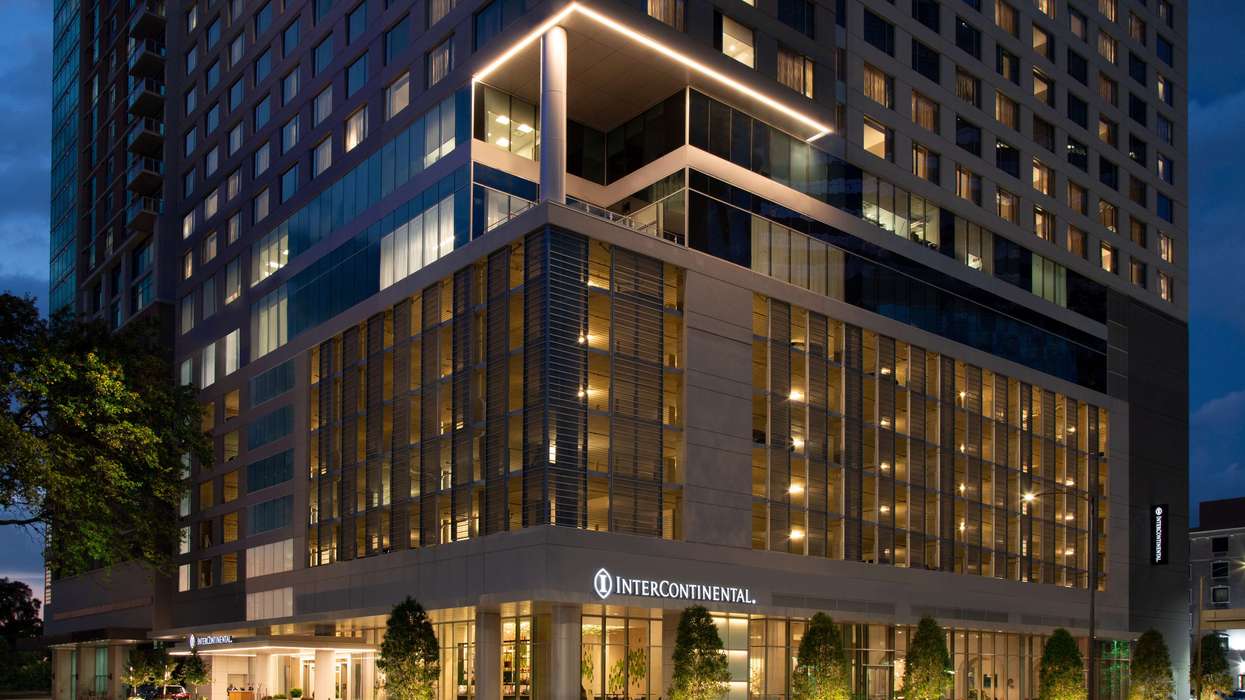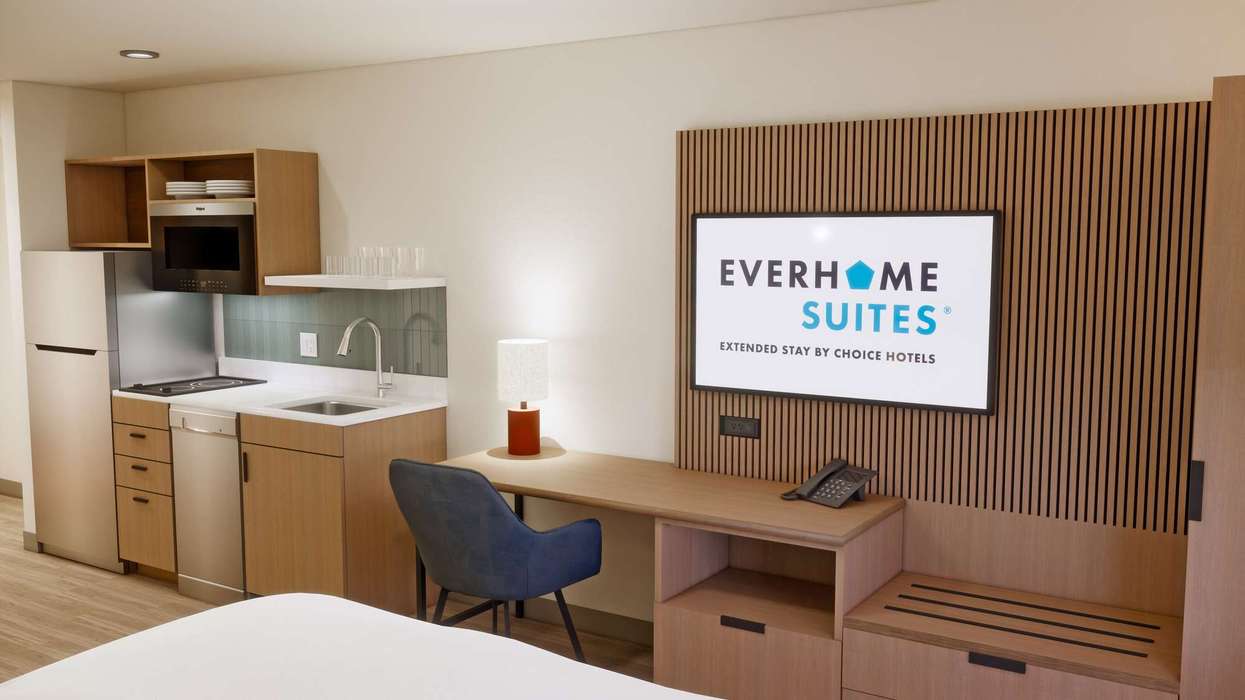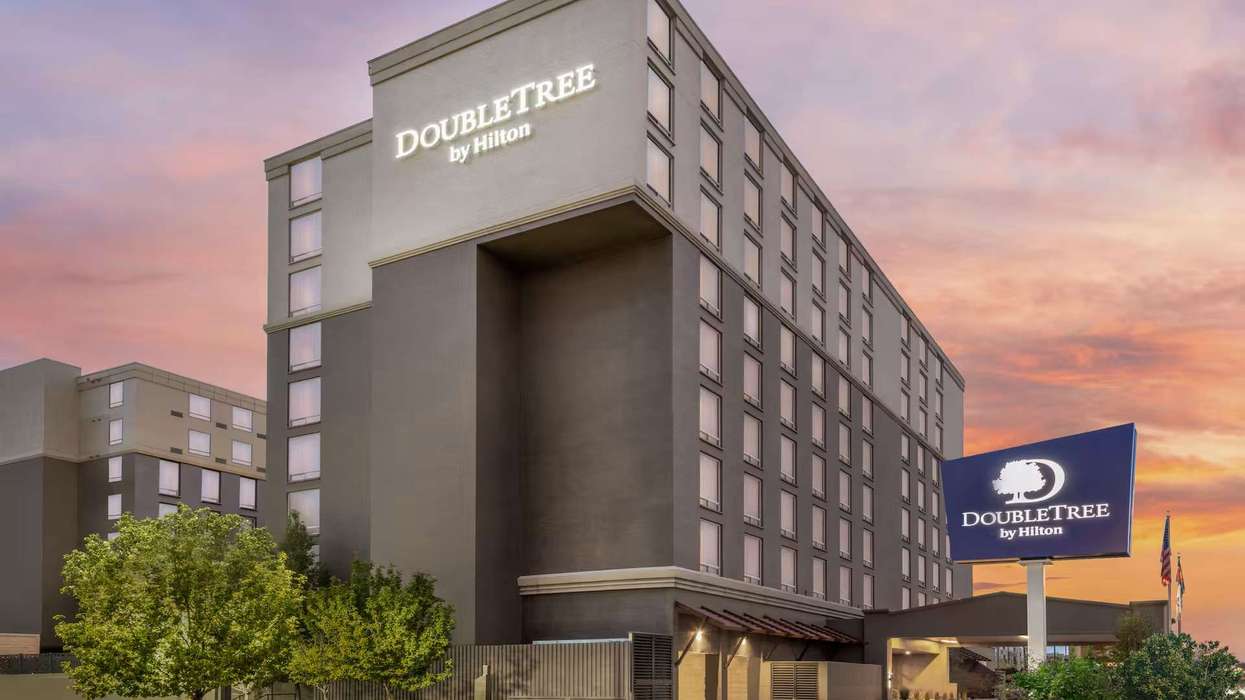THE U.S. HOSPITALITY industry is likely to continue hitting its peak through 2020, though some economic uncertainty remains, according to a report from lodging consulting firm HVS. The report forecasts modest growth for RevPAR, occupancy and ADR as consumer spending remains relatively strong and despite the continuing growth of competition from the “sharing economy,” namely Airbnb.
“U.S. Lodging Industry: Stability in 2019 Extends Cautious Outlook into 2020-21” by HVS President for the Americas Rodney Clough and Managing Director and Senior Partner Daniel McCoy frames its predictions for the lodging industry with data on the overall economy. They conclude that the tepid growth the industry had seen by October would lead to a similar pattern in 2020.
“Sluggish economic growth should extend through 2020, supporting similar modest yet positive increases in revenue levels for the U.S. lodging industry,” Clough and McCoy said. “We expect occupancy and ADR to end near 66 percent and $131, respectively, in 2019, and we forecast occupancy to be between 65 percent and 66 percent in 2020, with an ADR gain between $1 and $2.”
The U.S. economy overall grew 1.9 percent in the third quarter of 2019, the report said, down from 2 percent the previous quarter but higher than the 1.6 percent forecast by a Wall Street Journal survey. Business investment dropped some, in part due to trade tensions between the U.S. and China, but consumer spending stayed relatively strong, according to the report, increasing 2.9 percent in the third quarter. Low unemployment and rising wages contributed to an economy that bolstered the hospitality industry.
Supply and demand for the industry remained fairly balanced, with a cautious approach by lenders toward proposed hotel projects and rising construction costs muting the growth of new supply despite lower interest rates.
“Although the overall pace of supply growth has been relatively modest, it has primarily been focused on major urban and suburban markets in the upper-midscale through upper-upscale market segments,” the report said. “As such, some individual market areas are experiencing saturation as supply growth has outpaced demand.”
At the same time, Clough and McCoy report that the number of “entire home” rooms available through stay-sharing sources like Airbnb rose 16 percent in 2019 to 6.2 million. “Entire home” rooms are considered my directly competitive with traditional hotels.
“This compares to 5.3 million available units in the traditional hotel sector,” they said. “Accordingly, the supply of shared accommodations now represents a volume greater than the available supply of traditional hotel rooms.”
However, the number of shared accommodation rooms considered active includes rooms that are rented only once a year, while hotel rooms are available 365 days a year. Growth in the shared accommodation market also has been impinged some by increasing regulation from local governments.
While the national outlook is stable, Clough and McCoy said individual markets will vary between robust growth and correction phases.
“Each market is subject to local dynamics affecting supply growth, demand generation, and expense levels that influence the outlook for hotel performance,” they said. “As such, it is important to consult with local market participants and experts in order to evaluate the performance outlook for an individual hotel market or assets.”
In November, CBRE Hotels Research also predicted slow but steady growth for the hospitality industry over the next two years.





